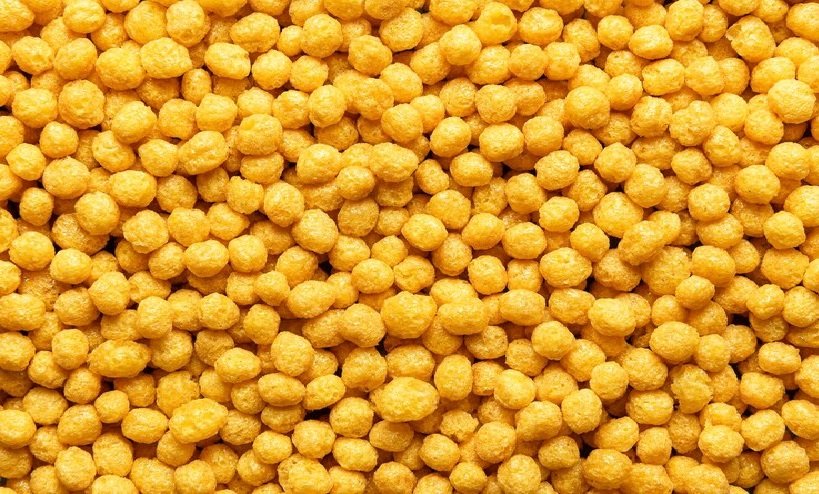Doubt over continuation of duty-free import of yellow peas
22-Feb-2025 04:48 PM

The continuation of duty-free import of yellow peas in India has become a point of contention due to a combination of factors. The Union Food Minister recently hinted that this policy could be stopped after February 2025.
Meanwhile, the Finance Minister's budget speech mentioned a six-year mission for self-sufficiency in pulses, with an emphasis on increasing domestic production of pulses like tur (tuvar), urad, and lentils. This suggests the government's desire to reduce reliance on imports in the long run.
The import cost of pulses in India has been rising significantly, hitting $3.28 billion by November 2024, a 56.6% increase compared to the previous year.
By the end of the 2024-25 fiscal year, this cost could reach an all-time high of $5 billion. This has put pressure on the government, especially after the weak domestic pulse production due to adverse weather in states like Maharashtra and Karnataka.
However, inflation has started to fall, and the government seems optimistic about reducing imports in the coming months due to the expected harvest of Rabi season crops like gram, lentil, and peas.
Between 2018-19 and 2022-23, India experienced good production of pulses, which kept the supply of pulses, including yellow peas, smooth.
However, production issues in recent years led the government to allow duty-free import of yellow peas in December 2023 and may allow the same for Desi gram in May 2024.
With prices of pulses now lower compared to their peak, the government is likely to change the import policy after the current duty-free period ends on February 28.
So, the question is whether India will continue the duty-free import policy of yellow peas, given the declining inflation, the expected Rabi season harvest, and the government's push for greater self-sufficiency in pulses.
